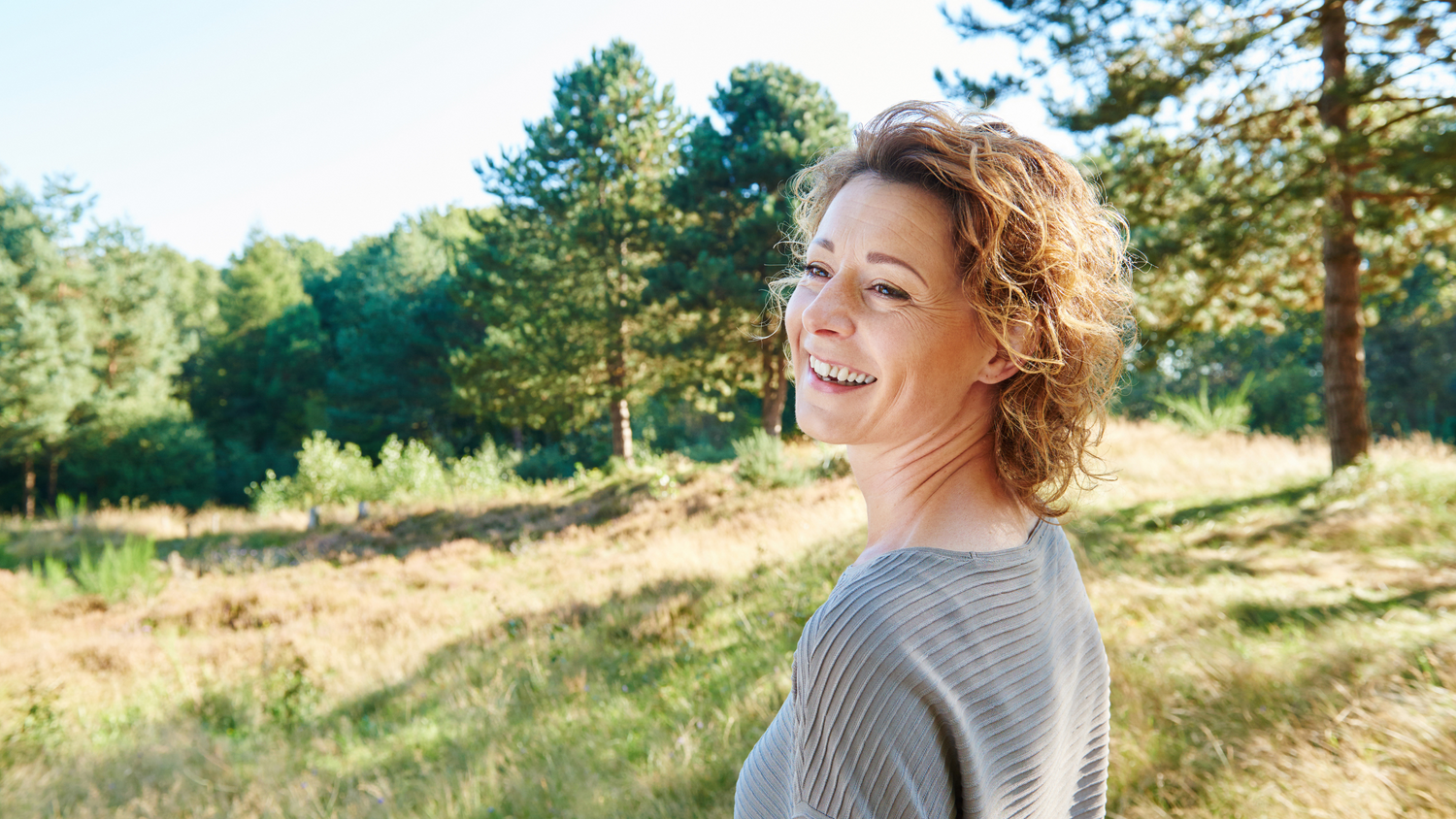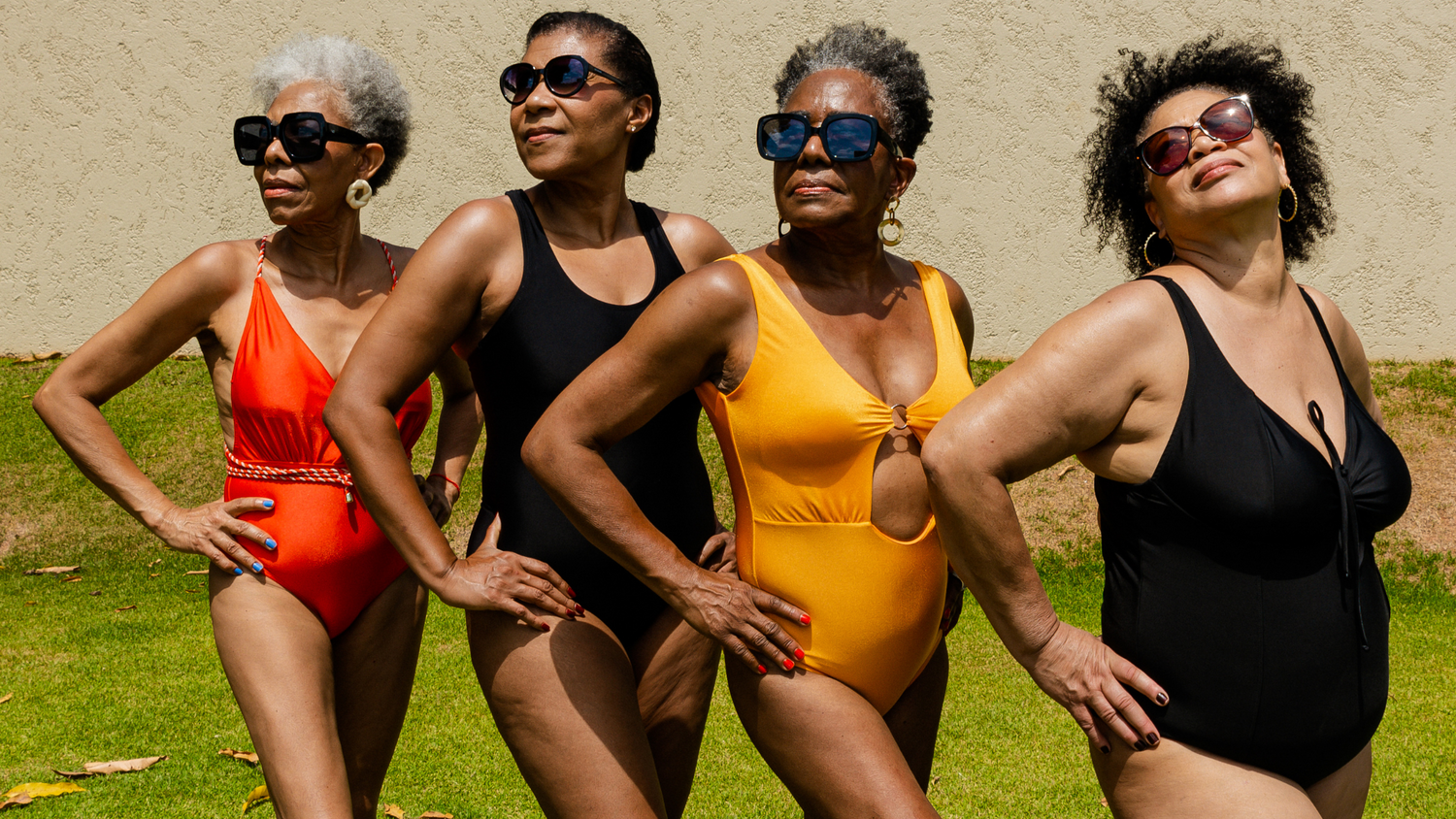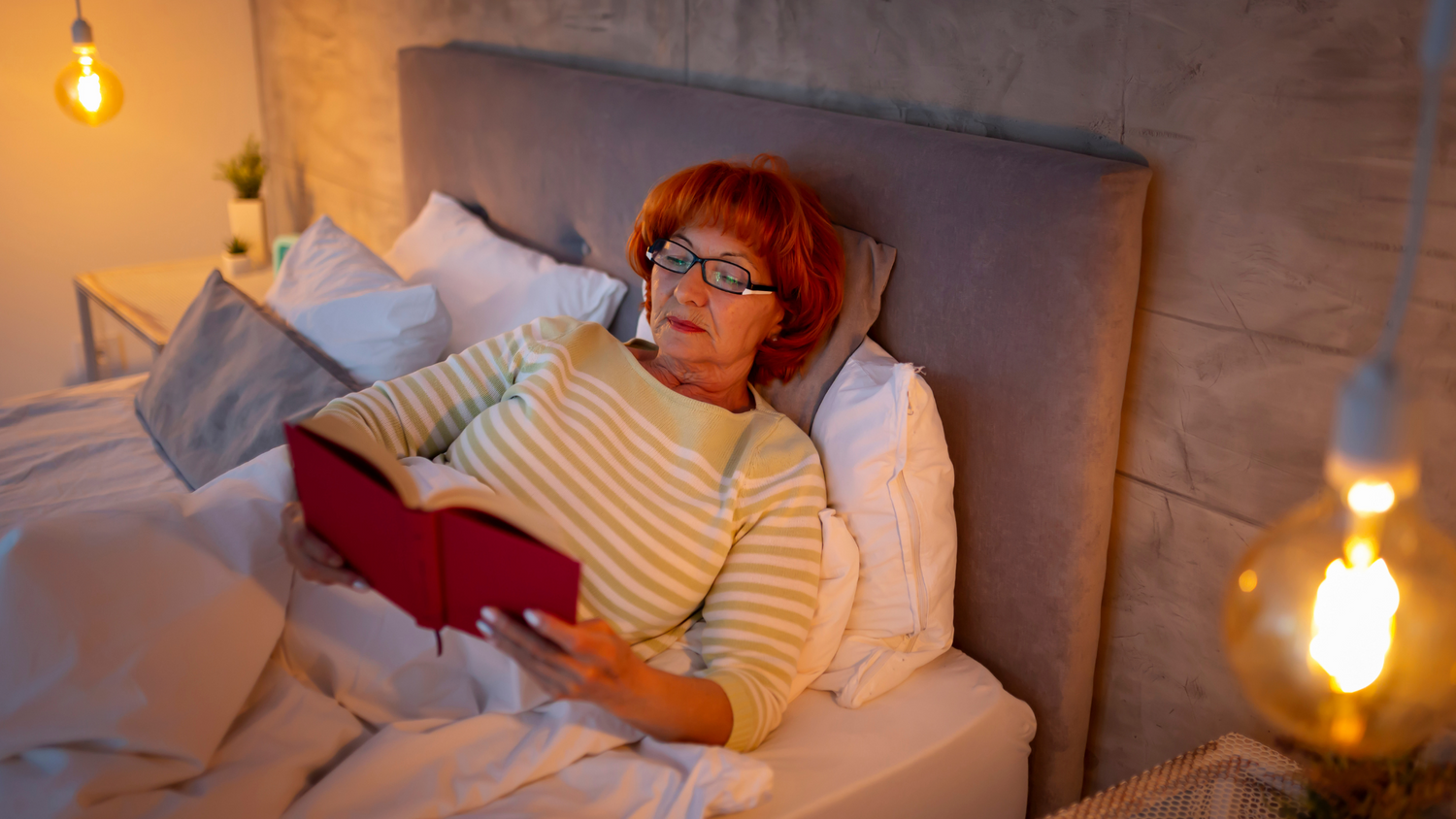Vaginal dryness is not just for Baby Boomers and Generation X. Millennials and even Generation Z may also experience this common health concern
Vaginal dryness can affect anyone who has a vagina, regardless of age. Many women in their 30s and even 20s experience vaginal dryness for a variety of reasons related to health, lifestyle, emotions, and hygiene.
If vaginal dryness becomes a frequent occurrence for you – especially if you also experience burning and itching –don’t settle for just the temporary fix provided by sexual lubricant. Talk with your doctor. The solution might be as simple as changing your detergent or switching to a different prescription. Plus, there is an easy OTC way to maintain your natural vaginal moisture.
Possible causes of vaginal dryness among younger women
The Mayo Clinic website notes that “Vaginal dryness can be impacted by a handful of factors. Estrogen probably is the most important hormonal influence on the health of the vulva and vagina. Low estrogen can contribute to dryness. Diet and the use of other medications also are important factors. Any medications that cause dry eyes and dry mouth are likely to have a similar effect on the vagina, as well.

Talk with your doctor about your overall health. Your vaginal dryness might be related to a number of causes including:
- Antidepressant medication
- Pregnancy, childbirth, and breastfeeding
- Cancer treatments such as radiation and chemotherapy
- Surgical removal of ovaries
- Hormonal birth control
- Medicines prescribed for endometriosis and uterine fibroids
- Cold and/or allergy medications
- Douching
- Sjogren’s syndrome, an auto-immune disorder affecting vaginal moisture
- Arousal issues related to stress, anxiety, depression, relationship tension, and/or sexual patterns such as insufficient foreplay before penetration.
- Frequent ingestion of tobacco and/or alcohol
- Dermatological concerns, including allergies to certain fabrics or detergents.
If you and your physician identify one of these common causes of vaginal dryness as affecting your body, discuss a treatment plan with your doctor. If medication is a contributing factor to your dryness, you might want to consider trying a different prescription.

Bringing back moisture
Associating vaginal dryness exclusively with menopause causes some people to take a “can’t turn back the clock” attitude towards this common health concern. The stereotype that associates vaginal dryness exclusively with aging also prevents women in their 20s and 30s from discussing the problem.
Regardless of your age, you don’t have to live with vaginal dryness. Maintaining natural vaginal lubrication can be as simple as taking two Membrasin® Vitality Pearls one time per day. Most Membrasin® users experience results within 2-4 weeks. Many women in their 20s and 30s take health supplements for a variety of reasons – isn’t your vagina worth the same kind of care?





